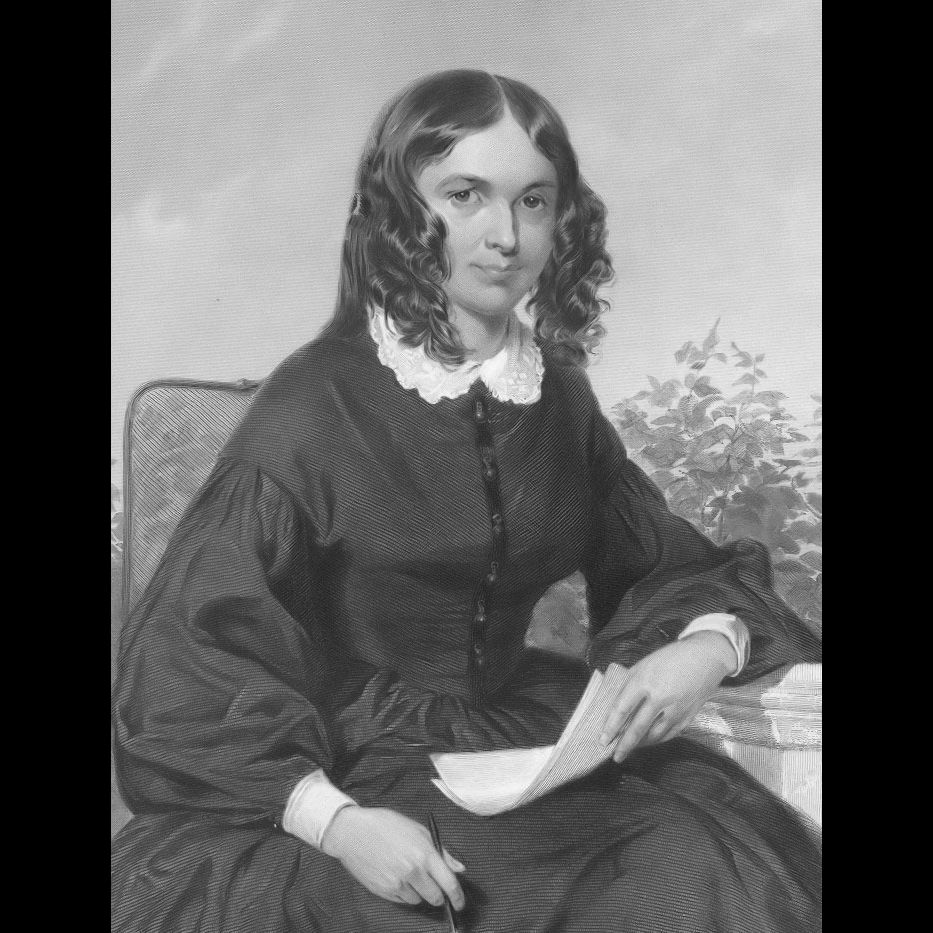How do I love thee? Let me count the ways.
I love thee to the depth and breadth and height
My soul can reach, when feeling out of sight
For the ends of being and ideal grace.
I love thee to the level of every day’s
Most quiet need, by sun and candle-light.
I love thee freely, as men strive for right.
I love thee purely, as they turn from praise.
I love thee with the passion put to use
In my old griefs, and with my childhood’s faith.
I love thee with a love I seemed to lose
With my lost saints. I love thee with the breath,
Smiles, tears, of all my life; and, if God choose,
I shall but love thee better after death.
Published:
1850
Length:
Shorty
Literary Movements:
Victorian
Anthology Years:
2023
Themes:
Love & Relationships
Poetic Form
Literary Devices:
Anaphora
a figure of speech in which words repeat at the beginning of successive clauses, phrases, or sentences
End Rhyme
when a poem has lines ending with words that sound the same
Simile
a comparison between two unlike things using the words “like” or “as”
Sonnet
A poem with fourteen lines that traditionally uses a fixed rhyme scheme and meter.

